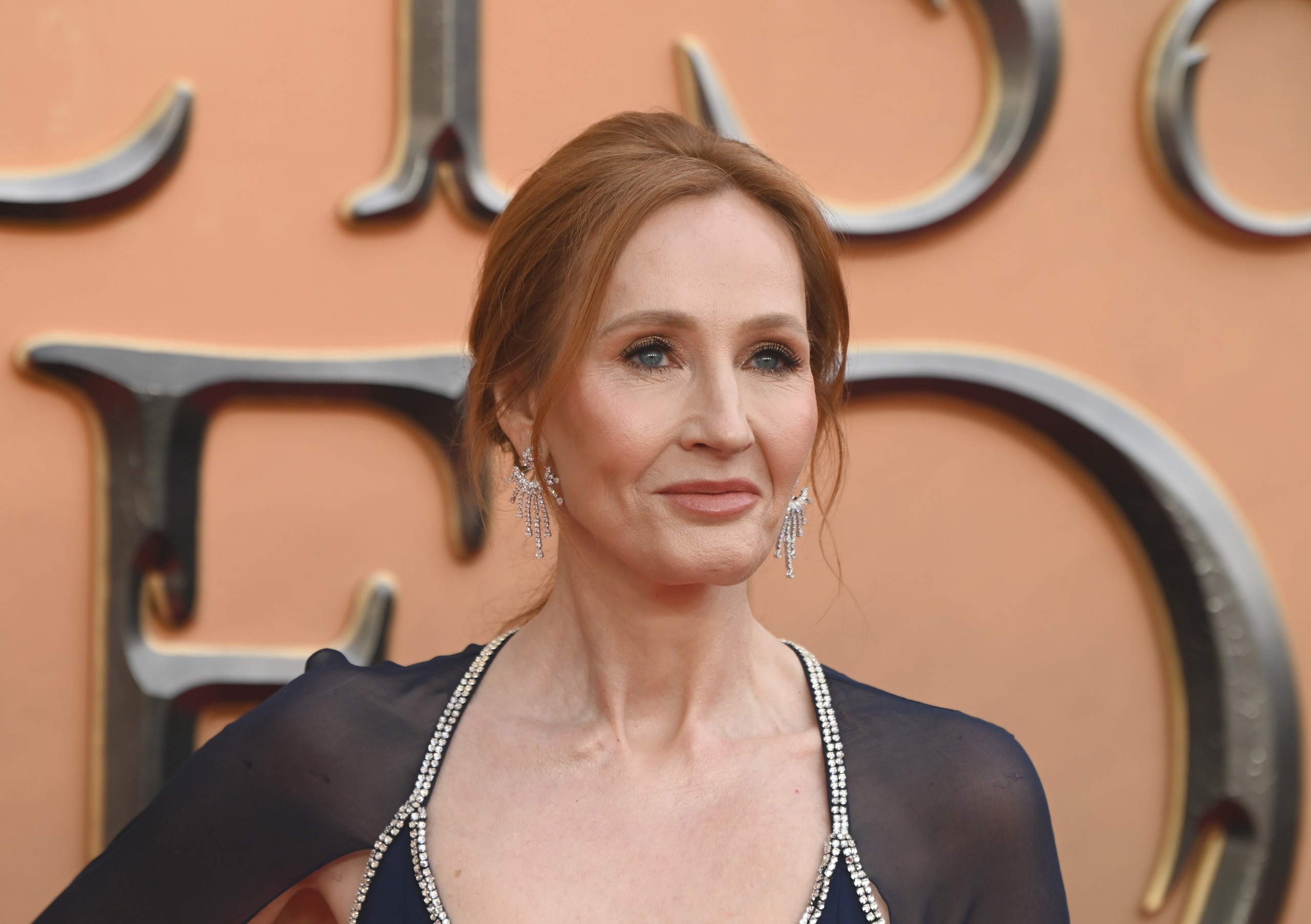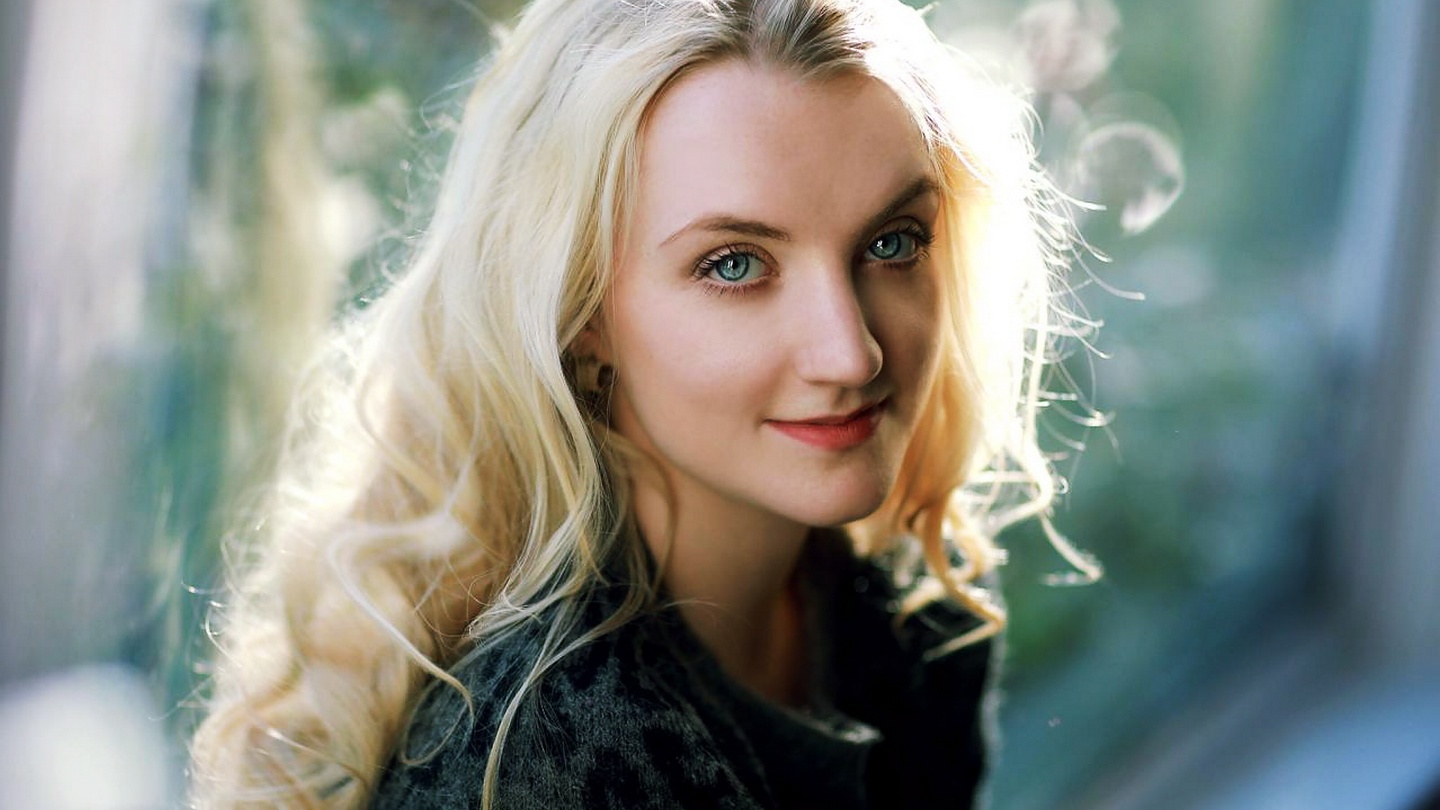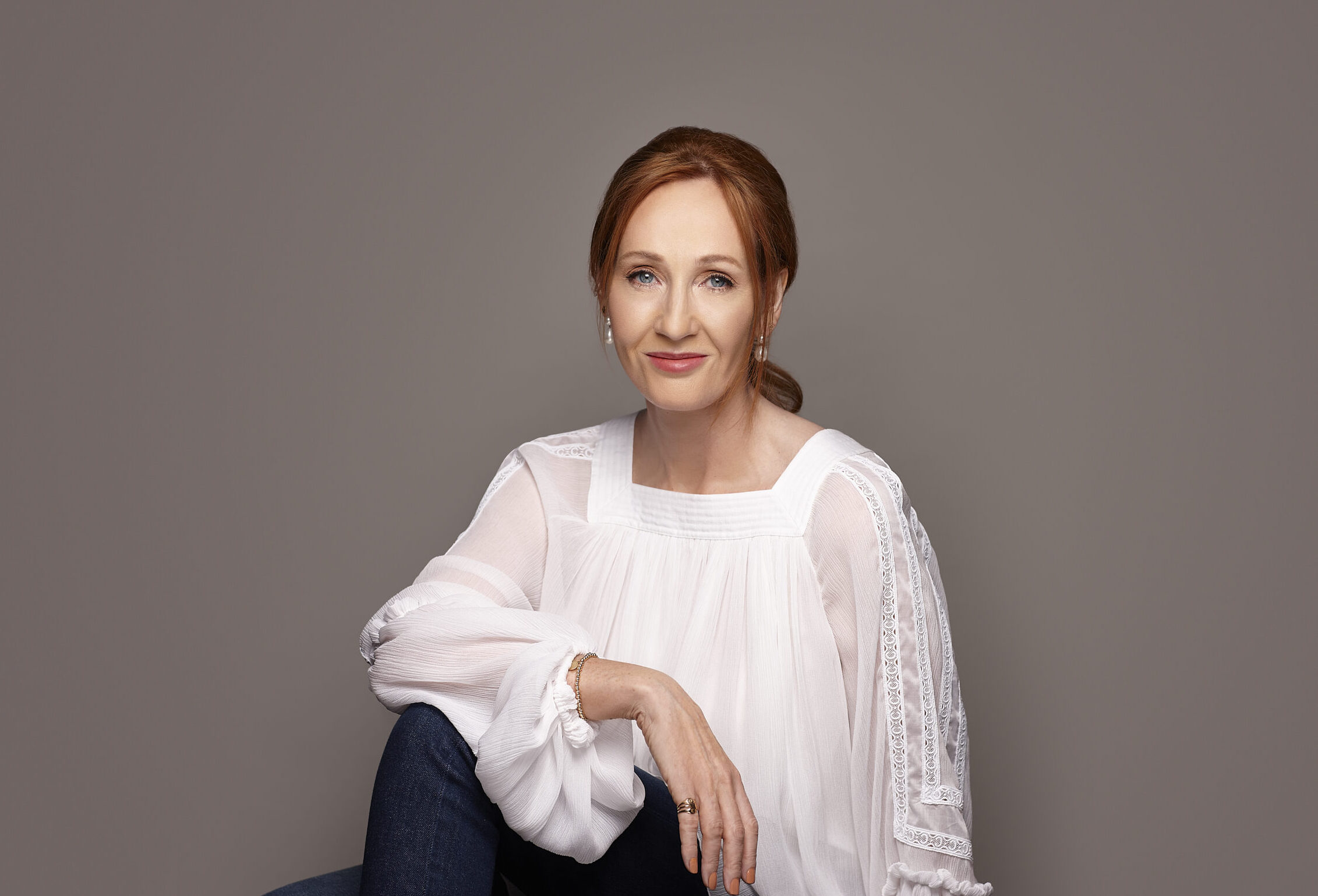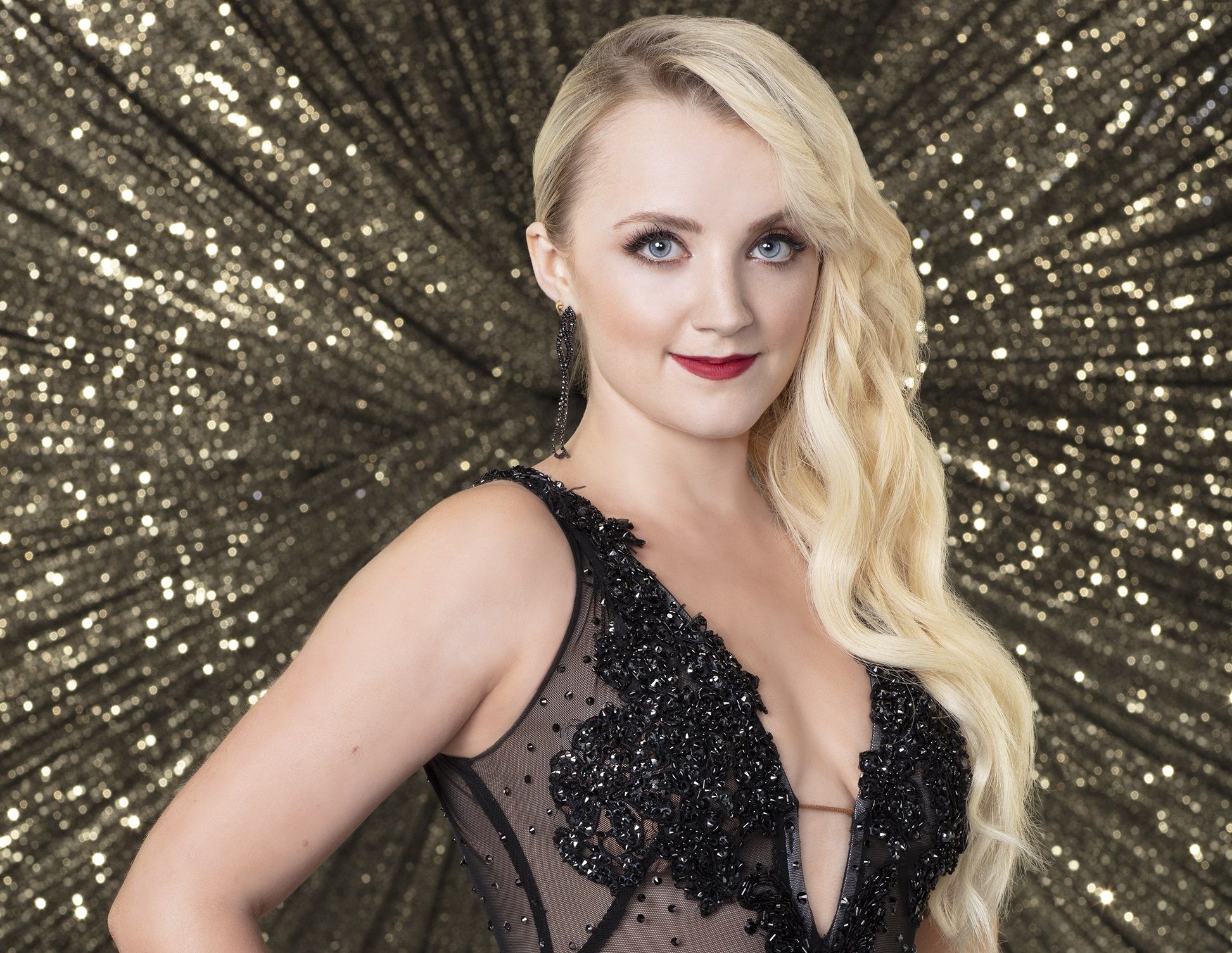Harry Potter Star Evanna Lynch Calls for “More Grace” Toward J.K. Rowling

Evanna Lynch, best known for her portrayal of Luna Lovegood in the Harry Potter film series, has stepped into the ongoing controversy surrounding author J.K. Rowling, urging people to extend “more grace” to the creator of the wizarding world.
In a recent interview, Lynch shared her thoughts on the backlash Rowling has faced in recent years, particularly over her comments on gender and transgender issues.
Rowling has been a polarizing figure since expressing her views on transgender rights, which many have criticized as transphobic. The ensuing backlash has sparked heated debates about free speech, inclusivity, and the separation of art from its creator.

Lynch, who has previously expressed support for LGBTQ+ rights, offered a nuanced perspective, emphasizing the need for empathy in discussions surrounding the author.
“I just think we need to show her more grace and listen to where she’s coming from,” Lynch stated. “She’s a human being who’s done so much good in the world, particularly through the messages in Harry Potter.
None of us are perfect, and I think there’s value in engaging in constructive conversations rather than resorting to canceling someone.”
Her comments come amid ongoing divisions within the Harry Potter fanbase and the entertainment industry.

While some cast members from the franchise, including Daniel Radcliffe, Emma Watson, and Rupert Grint, have publicly distanced themselves from Rowling’s views, others, like Robbie Coltrane (prior to his passing) and Ralph Fiennes, have defended the author’s right to express her opinions without facing undue hostility.
Lynch’s remarks reflect a growing sentiment among some fans and public figures that the discourse surrounding Rowling has become overly toxic.
Supporters of Rowling argue that her concerns about gender issues are valid and deserve consideration, while critics maintain that her statements undermine the rights and dignity of transgender individuals.
The Harry Potter series, which has long been celebrated for its themes of acceptance, love, and fighting against prejudice, finds itself at the heart of a cultural debate.

For many fans, the disconnect between the values promoted in Rowling’s work and her personal views has been a source of disappointment and frustration. However, Lynch believes that rejecting Rowling entirely diminishes the broader impact of her contributions.
“She gave us this incredible world that has helped so many people find their identities and courage,” Lynch said. “I think it’s important to hold people accountable, but we also need to allow room for growth and dialogue.”
Lynch’s call for grace comes at a time when public discourse often feels polarized, with figures like Rowling becoming lightning rods for broader cultural conflicts.
The actress’s comments suggest a desire to move beyond binary thinking and foster a more empathetic approach to addressing disagreements.
Despite the controversy, Rowling remains a prominent literary figure, continuing to write novels and contribute to various philanthropic causes.

Her charitable work, particularly in supporting children’s welfare and combating poverty, is often overshadowed by the ongoing debates about her views. Lynch’s interview highlighted this dimension of Rowling’s legacy, calling for a more balanced assessment of her life and work.
The reaction to Lynch’s remarks has been mixed, with some applauding her for advocating for empathy and dialogue, while others argue that such grace should not come at the expense of marginalized communities.
Critics contend that showing grace to those with harmful views risks normalizing discrimination, while supporters of Lynch’s stance argue that understanding differing perspectives is essential for meaningful progress.

The Harry Potter franchise itself continues to thrive, with projects like the Fantastic Beasts series and the upcoming Harry Potter and the Cursed Child adaptation keeping the magical world alive. However, the shadow of the controversy surrounding Rowling looms large, leaving fans and creators alike grappling with how to navigate the legacy of the series.
In conclusion, Evanna Lynch’s plea for “more grace” toward J.K. Rowling adds a thoughtful voice to a contentious conversation. By advocating for understanding and dialogue, Lynch challenges the polarized nature of modern discourse, urging fans and critics alike to approach complex issues with empathy.
As debates about Rowling’s legacy continue, Lynch’s remarks serve as a reminder of the power of compassion in navigating disagreements.





